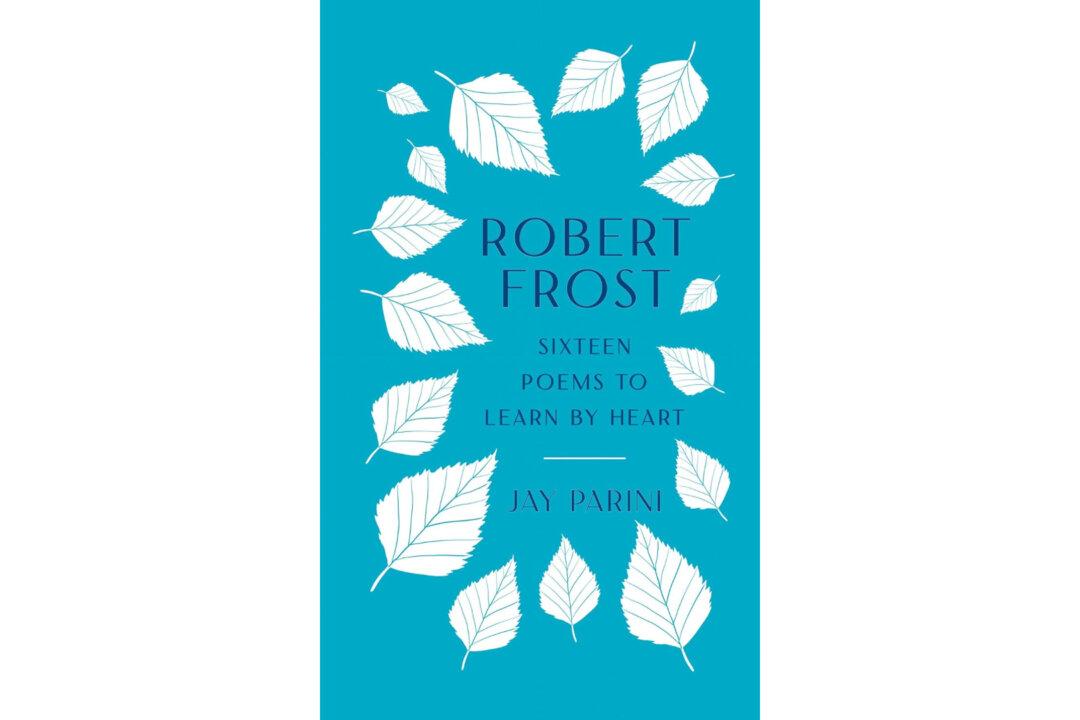Poetry is one of language’s great methods of illustrating the beauties and hardships of life. Indeed, it’s a vehicle to better understand our existence, especially during moments we may not fully comprehend. And poetry, as in life, requires, at times, a guide. For many Americans over the past century, Robert Frost has been that guide. His poems are etched into the American psyche, and we identify ourselves through his works.
The prestigious writer and poet Jay Parini, has assembled a small collection of Frost’s poems with analysis of each. The purpose of his book is to analyze the poems for the reader’s sake. Mr. Parini notes that, “the goal of this book is to encourage readers to listen to the words and phrases, to locate their deepest rhythms, and to hear the tune of each poem as it unfolds.”






